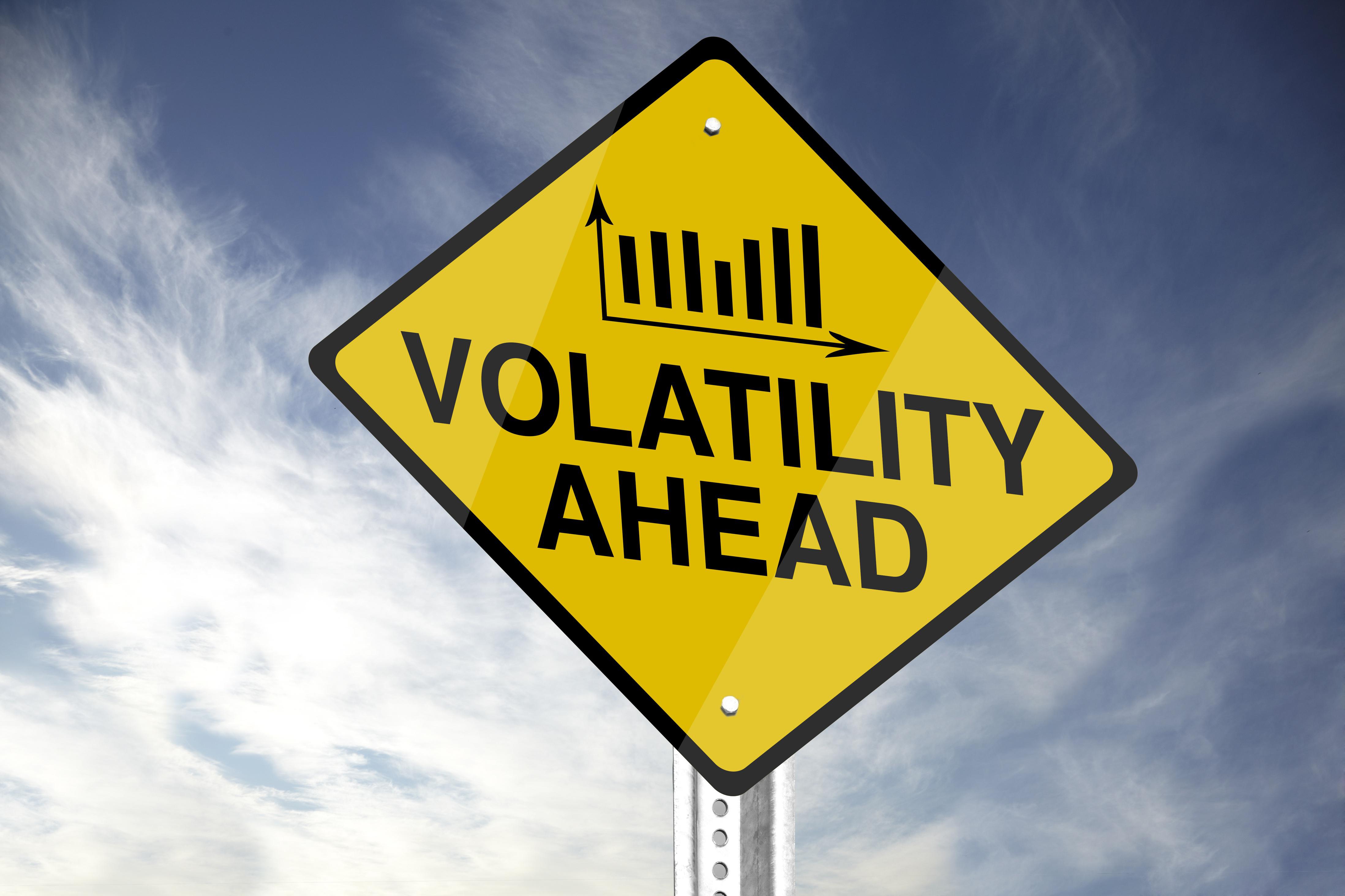

Julia M. Carlson, Contributor
Aug. 11, 2021
No one likes to log into their investment account and see the value of their holdings going down, but we can train ourselves not to panic. The downturns of the stock market should not be feared, it should be expected as part of the investment experience. Realization of long-term investment growth will include periodic downturns. To reduce our anxiety in investing, here are 5 ways to prepare for stock market volatility.

Getty Images
- Set Realistic Expectations. Setting the expectation that about 20% of the time our account value could be down, will help us not be anxious during market volatility. Short-term market fluctuations can stir all sorts of emotions. Whenever possible, it is important to step back and take the long-term view. Viable investment strategies overcome volatility, which typically only lasts days, weeks, or months. Having a realistic expectation of the stock market and its volatility can create a positive opportunity for you and your investments.
- Diversify Your Investments for Your Personal Risk Tolerance. With higher market volatility comes higher risk. As experienced financial advisors, we could determine what the risk tolerance should be of our clients based on their age, financial goals, and net worth. However, that could still be the wrong advice for someone that has had a bad investment experience in their past. We all have different experiences in life that shape the way we view risk. The solution is to have a diversified investment strategy so that your investments are taken care of in a way that meets your goals and allows you to be able to sleep at night.
- Maintain Your Emergency Fund. The size of your emergency fund will vary depending on your lifestyle, monthly costs, and income. We suggest keeping at least 3 months to a year of your expenses saved in a liquid account such as a bank savings or money market account. Emergency funds create a financial buffer that can keep you from having to sell your investments when the stock market is down. When we maintain liquidity to cover unexpected expenses, it provides us the assurance to help us feel secure when the markets are volatile.
- You Haven’t Realized the Loss Until You Sell. Did you know that the stock market is the only thing that goes on sale and doesn’t draw a crowd? In fact, more people purchase investments at all-time highs than during market pull backs or recessions. Taking advantage of the stock market while it’s down and buying your favorite investments at a lower price is logical but goes against our human nature. We naturally think that if we buy a stock at a lower price, then its value is worth less. When the market is down, your account value is simply lower. Be patient. By having a diversified mix of investments across several asset classes and using proven professional money managers, you should be able to withstand the volatility. Looking back over the history of the stock market, it has recovered 100% of the time. As Mark Twain said, “History doesn’t repeat itself, but it does often rhyme.” We have seen repeatedly that being patient and waiting for the stock market to cycle back to new highs rewards the investor. In general, have faith in the investments you own and don’t quickly abandon them when times get tough.
- Love Your Investments. We have noticed when clients either inherit stocks from their family or they receive stock as part of their employment, they have a hard time selling those investments. In fact, they ignore the volatility of those investments and the risk factor of being undiversified, because they are emotionally attached to them. Even if the investment is losing value, it’s hard for the client to part with the stock. In order to be able to keep the investments that you love, diversify your portfolio with other funds better designed to meet your long-term investment goals and love them too.
The most interesting part of being an investor, is that no one knows the future. Market volatility can create anxiety, fuel uncertainty and trigger rushed actions. Keep in mind that experiencing ups and downs are simply a typical part of the investing lifecycle. With a sound strategy in place, movement in the market can be anticipated, not feared. Taking advantage of these simple ways to prepare for market volatility will help you become an empowered investor and weather the storms that inevitably will come with investing.
© 2020 Forbes Media LLC. All Rights Reserved
This Forbes article was legally licensed through AdvisorStream.
Comments are closed.
